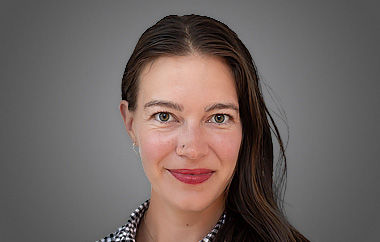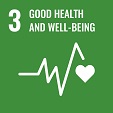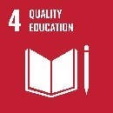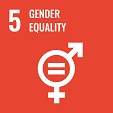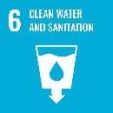PhD Student in Civil Engineering at University of Victoria, Canada
Research focus: clean and safe drinking water
Clean and safe drinking water is a key component of sustainable and inclusive development, as recognised by the UN Sustainable Development Goal (SDG) 6 (Clean Water and Sanitation). Lack of clean water is a major cause of the persistence of poverty, while the provision of clean water ensures good health. Indirectly, clean water is also linked to several other SDGs. Where this goal has not yet been achieved, such as in low-income areas, emergencies, or humanitarian crises, household water can be treated with point-of-use water treatment (POUWT) technologies. POUWT technologies are currently used by more than one billion people worldwide as the only barrier against waterborne illness.
How well do POUWT technologies “work”? Conventionally, this question is answered by standardised laboratory tests. These tests do not evaluate microbial reduction under “real life conditions”. Thus, aspects such as environmental conditions and user behaviour are not considered in public health recommendations. The objective of Camille’s doctoral research was to conduct pilot testing of POUWT devices in the field so that accurate data could be collected on end-user perceived health protection. In 2021, she conducted 144 surveys of people using POUWT devices. Each survey consisted of a field test of the participants’ own water treatment device with food-safe spike microorganisms; a questionnaire, a sample of the participants’ drinking water, and a sample to measure microbiological hand contamination. Compared to the manufacturer’s claims for the respective devices, the microbiological reduction of the POUWT technologies she studied were one to six orders of magnitude worse. Her approach is transferrable and scalable to other contexts, and the results underscore the need to transfer research designs out of the lab to monitor them in “real life”.
Camille also quantified the relative importance of using an effective water treatment method versus increasing adherence (i.e., always drinking treated water), and improved handwashing practices. Maximum health gains result when all three facets (effective technology, high adherence, and good hygiene) are addressed.
Camille’s research addresses clean drinking water, an issue that affects 50 percent of the world’s population. The jury was convinced by the immediate practical relevance of this highly qualified scientist’s research topic as well as her commitment outside the academic context: She has founded an organisation to promote women in engineering and coding (GoEngGirl and GoCodeGirl), aimed at sparking interest in girls and non-binary folks to enter engineering and coding fields.
The research of Camille mainly contributes to the Sustainable Development Goals 1, 3, 4, 5, 6:
Take a look at this video that briefly introduces Camille and her research:





